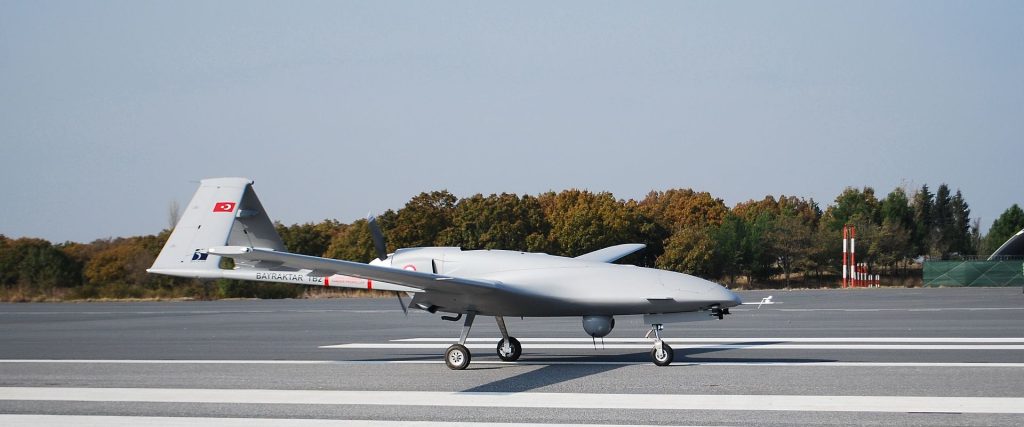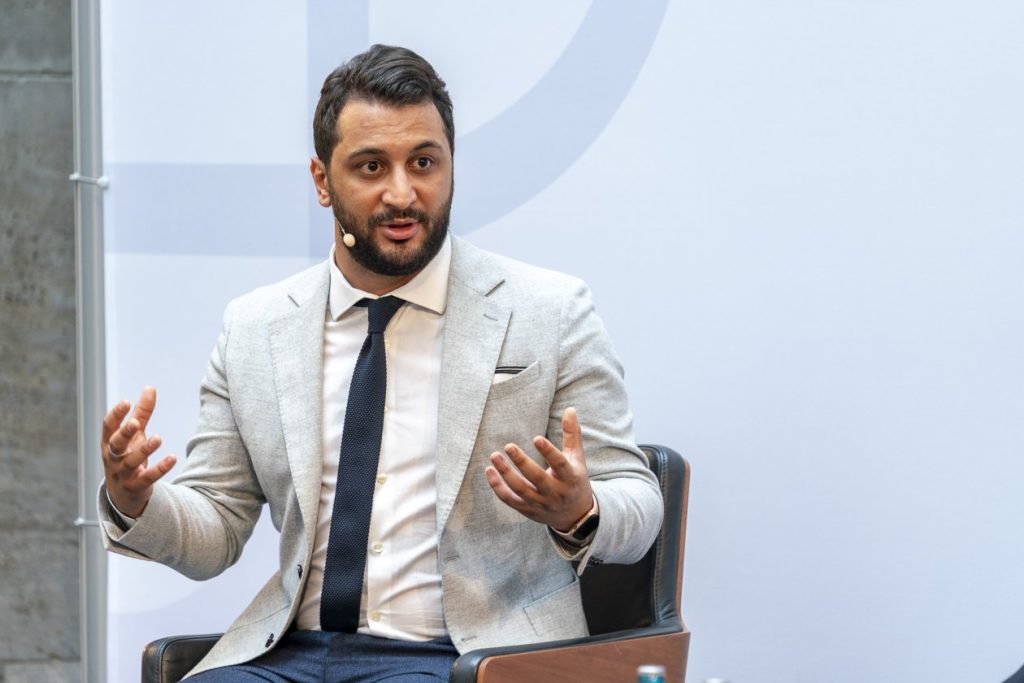How Turkey Transforms Libya
Turkey’s decisive military power determined the outcome of Libya’s last civil war, with bilateral agreements leaving a lasting imprint on both countries whilst transforming the regional order and balance of power in the process.
Libya has undergone a major social, political and economic transformation over the decade since the overthrow of the Gaddafi regime in 2011 during the Arab uprisings. Despite early promises of a peaceful transition of power after elections in 2012, Libya has suffered civil wars resulting from power grabs by retired General Khalifa Haftar backed by the United Arab Emirates (UAE), Egypt, France and Russia. However, Turkey’s high profile military role in the 2019 civil war to support the former Government of National Accord (GNA) transformed the fortunes of local actors, and the geo-political balance of power that had been unchallenged until their entrance. The move served as a demonstration of Ankara’s growing aerial and military capabilities, willingness to confront regional rivals supporting the power grab, and a resurgence of its diplomatic ambitions. In the process Libya’s 2019 civil war became a two-sided battleground where a multitude of geo-strategic rivalries and major geo-political fault lines were exposed following Turkey’s dramatic intervention. Ankara’s policy is driven not only by what happens in Libya, but by Libya’s geo-strategic coastline, the regional geo-political conflict, and its own domestic economic crisis.
Factions that are difficult to navigate
The recently published Bertelsmann Transformation Index (BTI) 2022 states that the clashes over the elections in 2014 led “to the de facto split of Libya into two rival entities respectively backed by changing alliances of national, regional and international actors.” The report highlights how these factions are difficult to navigate – a reality which has been hardened by Turkey’s military intervention in Libya. Ankara was drawn to Libya’s civil war at the request of the former GNA to defend the capital at the peak of the conflict in November 2019. The GNA had been unable to receive diplomatic support or sanctions against Khalifa Haftar from the United Nations Security Council (UNSC) which authorized the government in 2015.
It was later revealed that France and Russia, key members of the UNSC, had been discretely supporting Khalifa Haftar, leading to the GNA requesting military support from Turkey who signed a maritime and security memorandum as a basis to intervene. The agreement transformed the local power dynamics in the capital but also drew attention to the valuable portion of Libya’s shared maritime boundaries with Turkey in the process. The MoU was predicated on Turkey intervening militarily to defend the GNA against Khalifa Haftar’s power grab in Tripoli in exchange for a geo-strategic coup de grace by Turkey and Libya rewriting and challenging the conventional maritime boundaries of its economic competitors in Greece, Cyprus, Egypt, Israel in the gas-rich Eastern Mediterranean basin. This allowed Turkey to block any attempt by Greece, Cyprus, Egypt or Israel, organized in the Eastern Mediterranean gas forum, to exclude Turkey from the share in the riches beneath the sea to which it lays claim.
Set on collision course
Turkey’s military intervention in Tripoli in late 2019 set it on a collision course with a powerful regional actor and rival, the UAE, who have carried the financial and military burden of Haftar’s wars. By 2019, the UAE financed Russian mercenaries to capture the capital from the ground, whilst conducting drone strikes on Tripoli in an attempt to install Khalifa Haftar by force. The UAE alongside Egypt have been driven to Libya since the Arab Spring protests threatened to topple authoritarian regimes across the region under the guise of “fighting terrorism”. Libya’s similar tribal social structures and massive oil wealth sparked a particular fear that its democratic transition could provoke protests in the UAE, and has drawn it to support a series of military coups across the region in neighboring Egypt and Sudan, as well as supporting Khalifa Haftar’s repeated coup d’états since 2014.
Turkey, back then still a multiparty democracy that supported the Arab Spring in the hope of profiting from the ideological sea change in 2011 has not been immune to the turning of the political tides in the region over the last decade. Ankara accuses the UAE of supporting a failed military coup in Turkey in 2016, and has been increasingly hostile with military regimes that have taken power from the Arab street since 2011 across the region. Turkey’s battle with the UAE was a geo-political confrontation between regional military powers with existential rivalries and irreconcilable ideological visions of the post Arab Spring regional order. Turkey’s deployment of Syrian fighters to Libya was high profile, but its drone strikes on the UAE’s air defense systems were high impact, collapsing Haftar and the UAE’s Tripoli campaign, and establishing a stalemate in the summer of 2020.
Economic opportunities and lifelines
These dynamics have allowed for the UN to agree a ceasefire and begin a peace process since late 2021 that led to the appointment of a new Government of National Unity (GNU), but also allow Ankara and Abu Dhabi to explore diplomatic de-escalation. In November 2021 Turkish President Erdogan received Emirati Crown Prince Mohamed Bin Zayed, for the first time in nearly a decade. The two countries signed trade deals with some suggesting it formally marked the end of hostilities. Whilst the ideological stance of both countries looks irreconcilable over the long term, and a diplomatic rapprochement remains elusive, trade agreements that mask political disagreements restrain both countries from military confrontation in Libya.
This has much to do with Turkey’s own domestic economic crises that have compelled it to explore economic opportunities and lifelines, whilst balancing its geo-strategic and geo-political objectives. Libya is estimated to need to spend 100 billion dollars in post war reconstruction, with Libya’s planning minister stressing “the lion’s share” of contracts would go to Turkey, which would mark an important economic lifeline. Turkey has also secured its geo-strategic interests with a renewed commitment from the GNU whilst building relationships with their rival parliament the House of Representatives allied to Haftar, as an insurance policy to uphold the maritime boundaries with Ankara. Finally, Turkey has been able to maintain its security cooperation with the new GNU despite the end of the war in an attempt to transform Libya’s military structures in a way that reflects its political desire to counter the UAE’s political objectives with Khalifa Haftar’s LAAF. Whilst Turkey may have transformed Libya, its experience in Libya has profoundly changed Turkey’s geo-strategic fortunes, geo-political outlook and the regional order.

